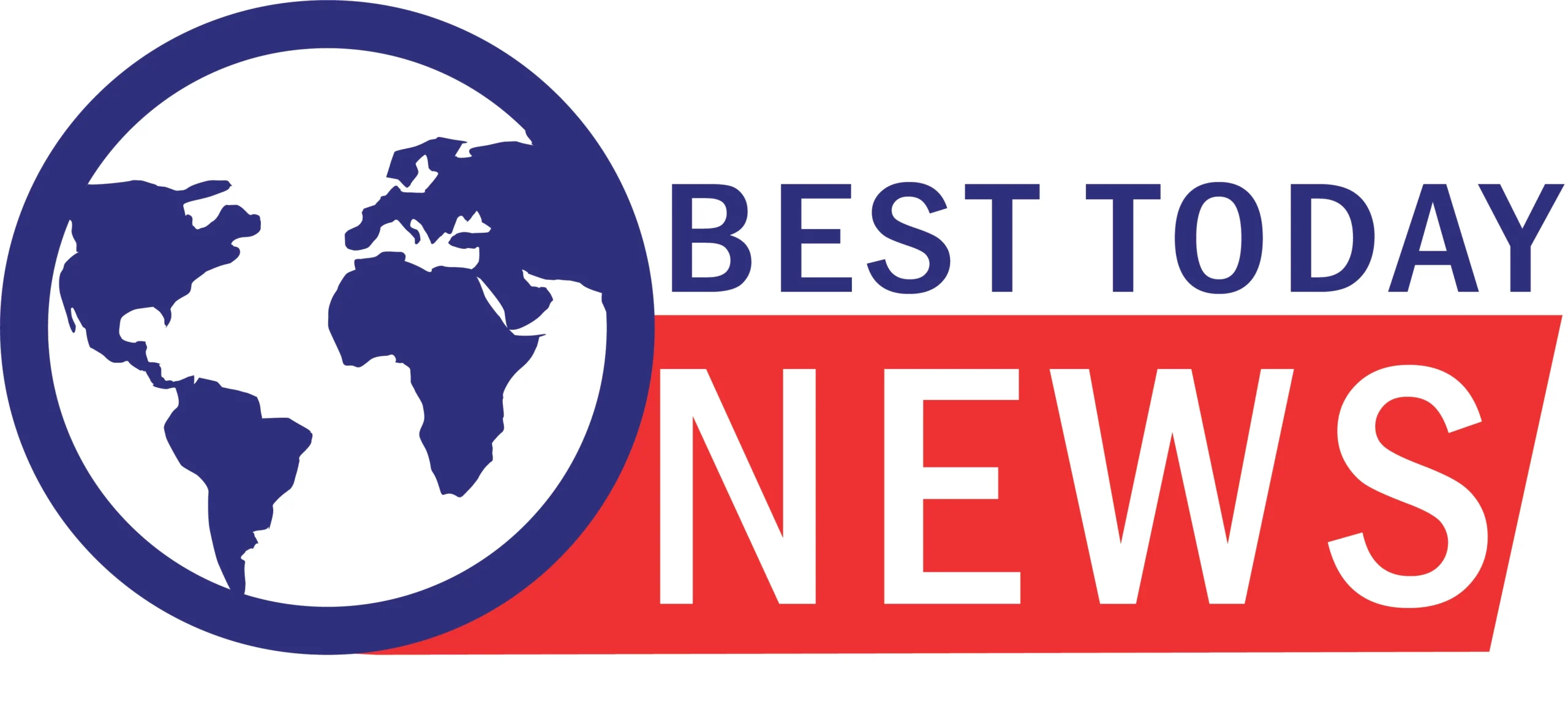The debate over TikTok’s presence in the United States has intensified, with the U.S. House of Representatives recently passing legislation that could ban the app unless ByteDance, TikTok’s Chinese parent company, divests its U.S. operations. Lawmakers have raised concerns over national security risks, claiming that TikTok may expose sensitive user data to the Chinese government. This decision marks a pivotal moment in the ongoing tension between privacy concerns and digital freedom in the U.S.
The Push to Ban TikTok
The bill, which passed with bipartisan support, aims to safeguard U.S. users from potential data surveillance and influence by the Chinese government. If passed into law, ByteDance would have 180 days to sell TikTok’s U.S. operations or risk being banned entirely. The app could be removed from app stores, cutting off access for over 170 million American users. Critics cite Beijing’s intelligence laws, which compel companies to cooperate with national security agencies, as a primary reason for the heightened scrutiny.
This move follows years of bipartisan efforts to scrutinize TikTok’s influence. During the Trump administration, similar measures were pursued, though legal challenges stalled progress. With this renewed legislative push, concerns over data privacy and foreign influence remain at the forefront of the discussion.
TikTok’s Defense and Response
TikTok has denied allegations of data sharing with the Chinese government, asserting that it operates independently of Beijing. To address these concerns, the company has implemented initiatives like Project Texas, a $1.5 billion program designed to enhance transparency and safeguard U.S. user data by hosting it on domestic servers. Despite these measures, skepticism persists among lawmakers.
The platform has also ramped up lobbying efforts, arguing that a divestiture or ban would harm millions of creators and small businesses that rely on TikTok for visibility and income. TikTok emphasizes that alternative solutions, such as tighter regulations, would be more effective than an outright ban.
Public Opinion and Political Implications
TikTok’s immense popularity, particularly among younger audiences, has fueled public outcry against the potential ban. Many users have taken to social media to voice their opposition, with some directly contacting their congressional representatives. This backlash underscores the platform’s cultural significance and its role in the digital economy.
The issue also highlights broader concerns about tech regulation and censorship. Critics argue that targeting TikTok alone creates a precedent that could lead to restrictions on other platforms, raising questions about the balance between security and digital freedom. Meanwhile, some lawmakers worry about the economic fallout for businesses that depend on TikTok for marketing and customer engagement.
Broader Implications for the Tech Industry
The TikTok debate underscores a broader trend of increased scrutiny on foreign-owned technology companies operating in the U.S. It also raises questions about how governments should address privacy risks posed by globalized technology without stifling innovation or alienating users. The outcome of this legislation could set a significant precedent for how the U.S. regulates foreign tech platforms in the future.
Moreover, this development could reshape the social media landscape in the U.S. If TikTok is banned, competitors like Instagram Reels, YouTube Shorts, and Snapchat Spotlight could benefit significantly. However, the loss of a major platform like TikTok could leave a gap in the market, particularly for creators and businesses seeking a unique space to engage audiences.
What’s Next?
The Senate will now consider the legislation. If passed, it will require President Biden’s signature to become law. While the Biden administration has voiced support for addressing security concerns, the outcome is uncertain. As TikTok continues to lobby against the ban and engage with its user base, the platform’s future in the U.S. hangs in the balance.
For now, businesses, creators, and users alike are watching closely, preparing for a potential shift in the digital landscape. Regardless of the outcome, the TikTok debate underscores the growing importance of balancing national security with the rights of users in an increasingly connected world.







Leave a Reply